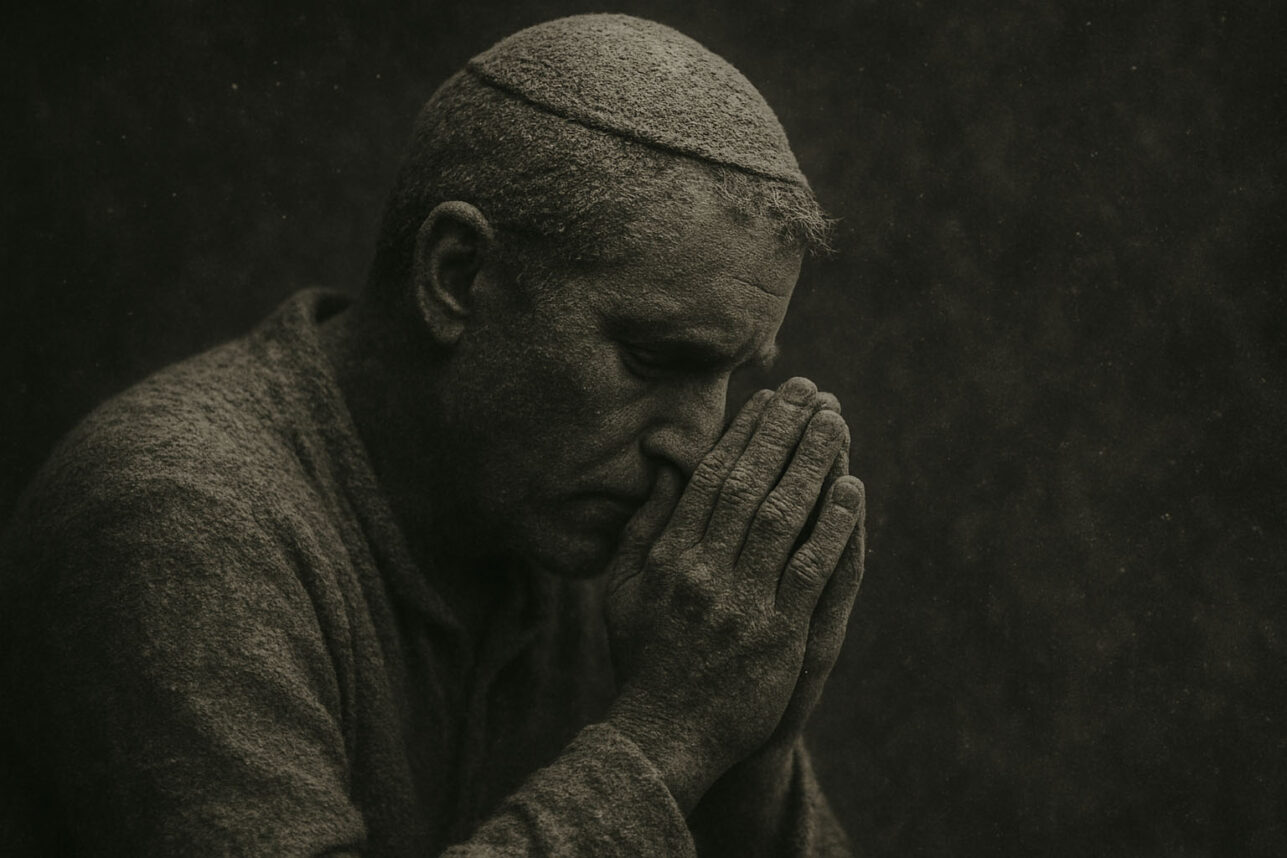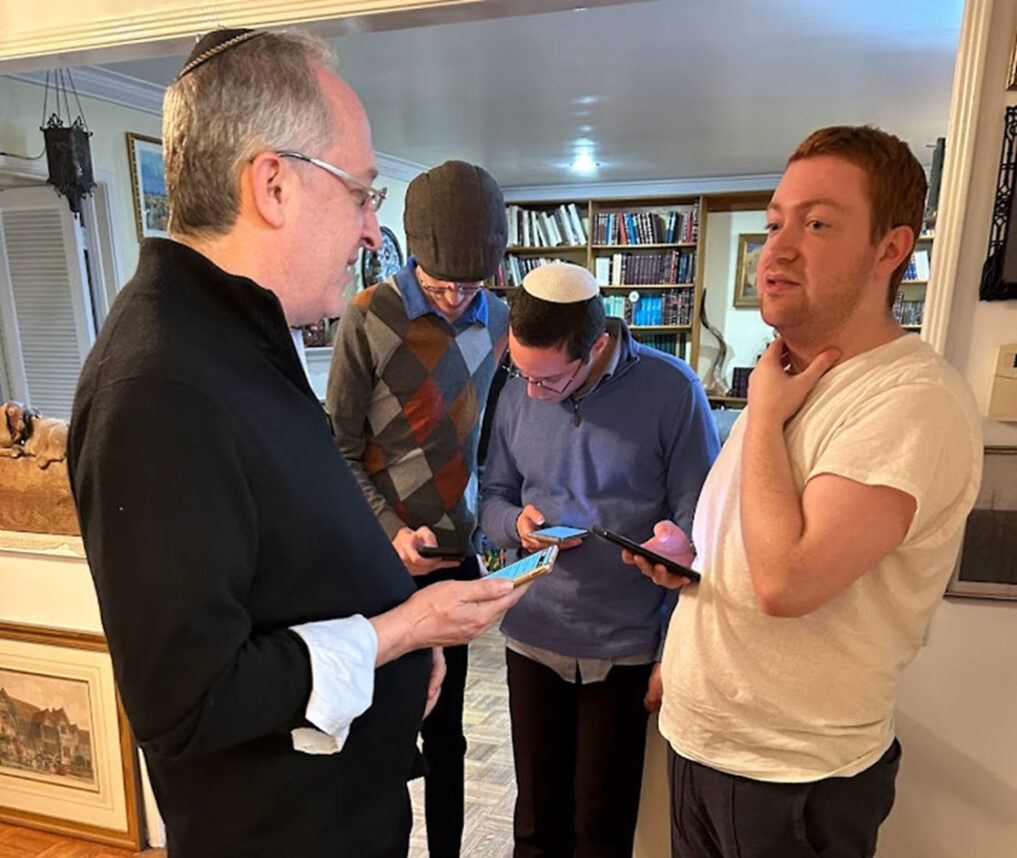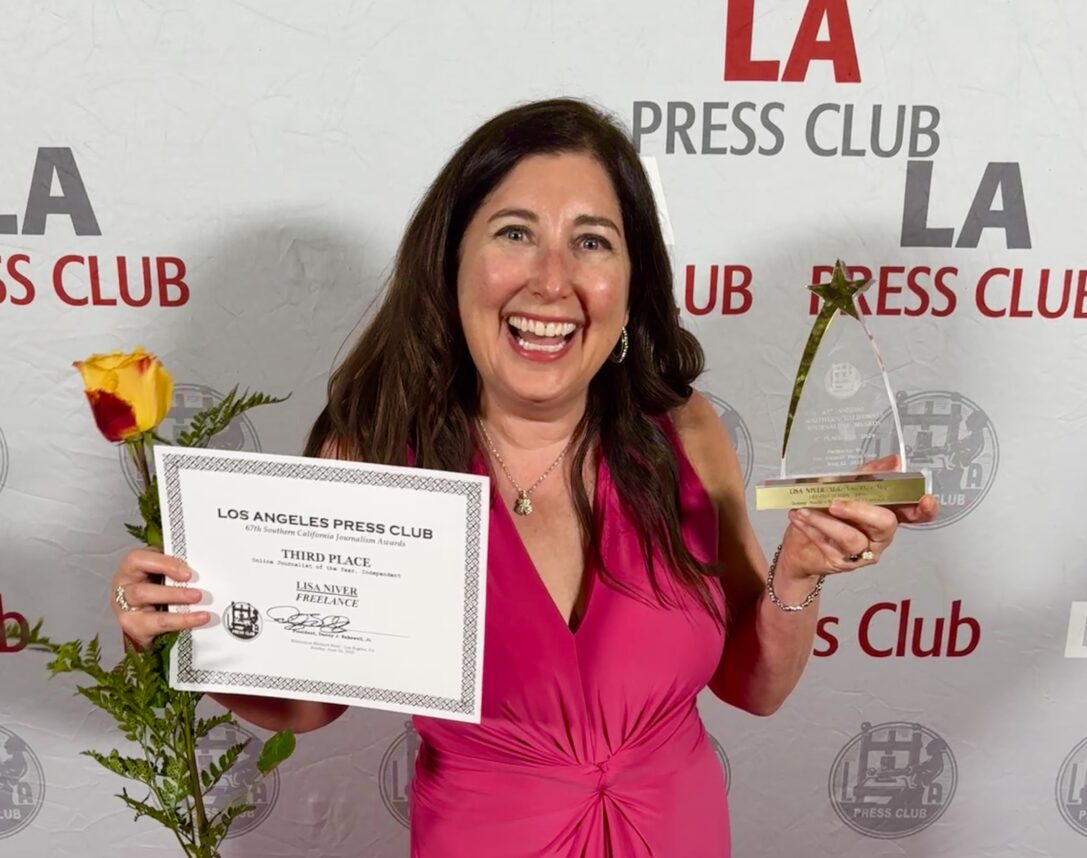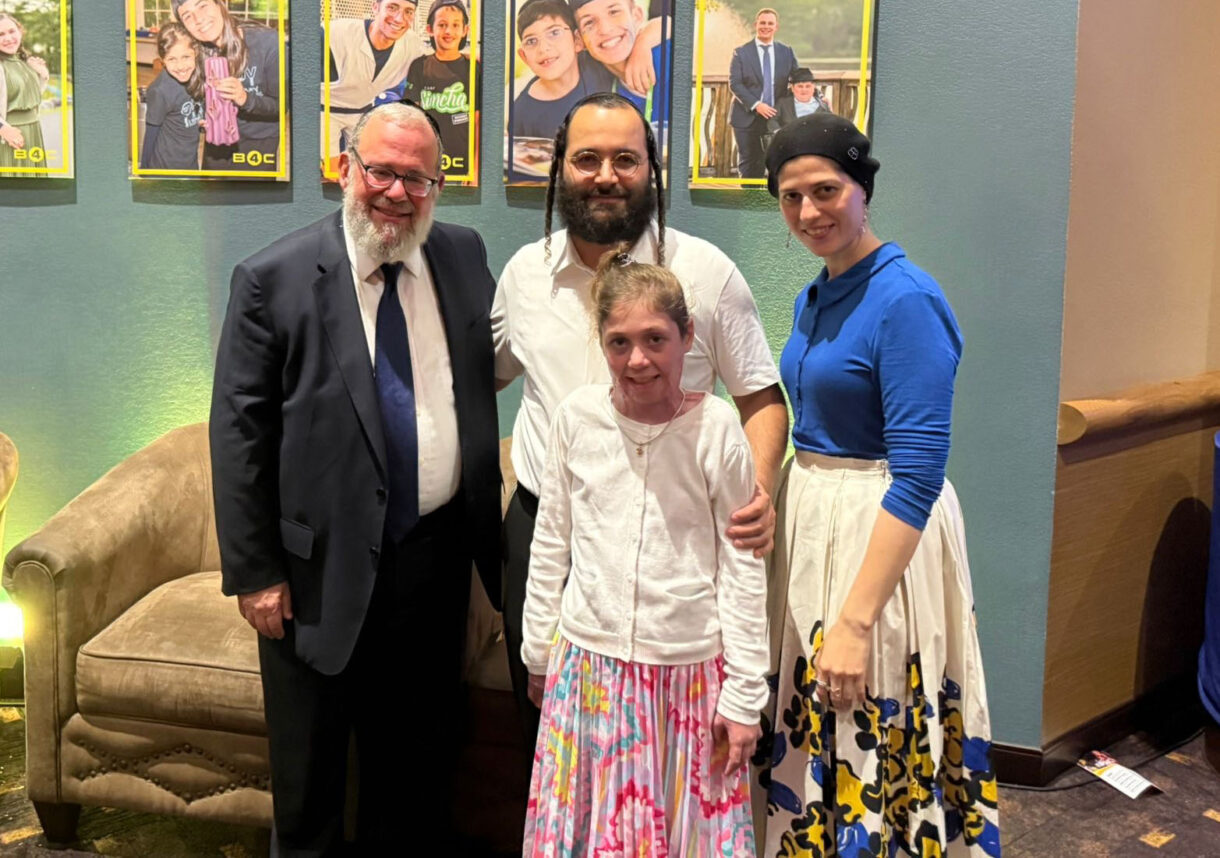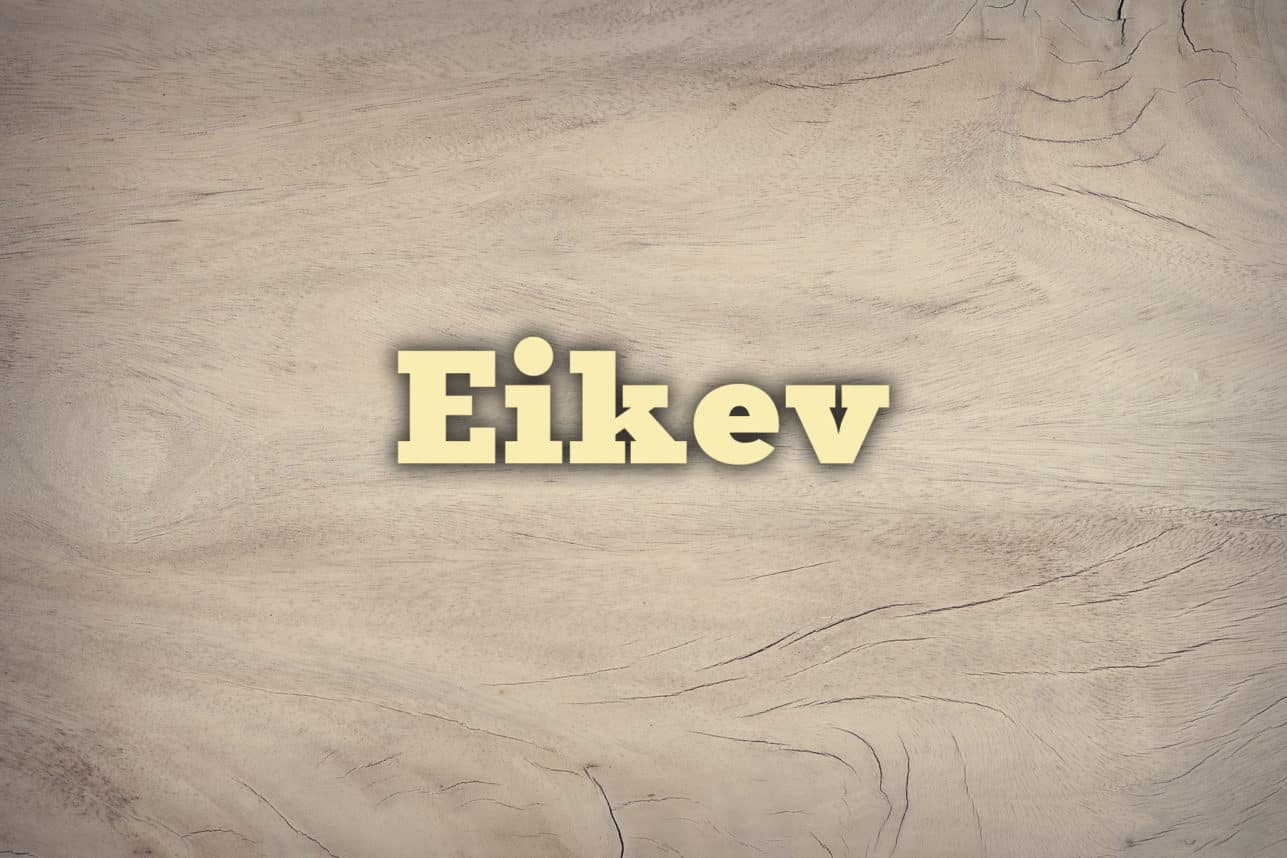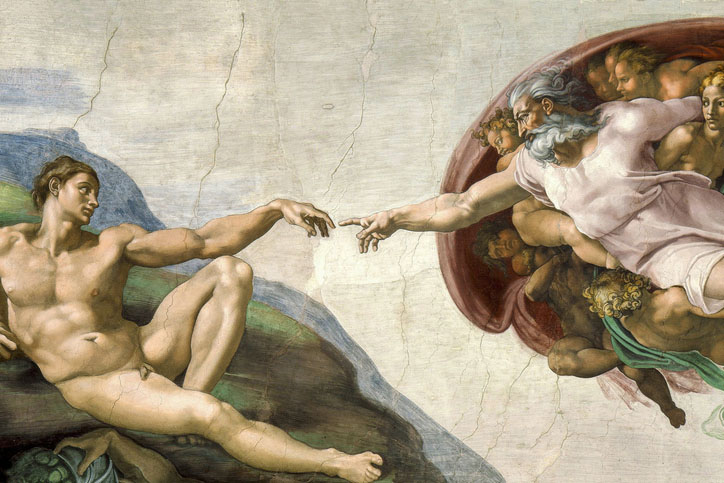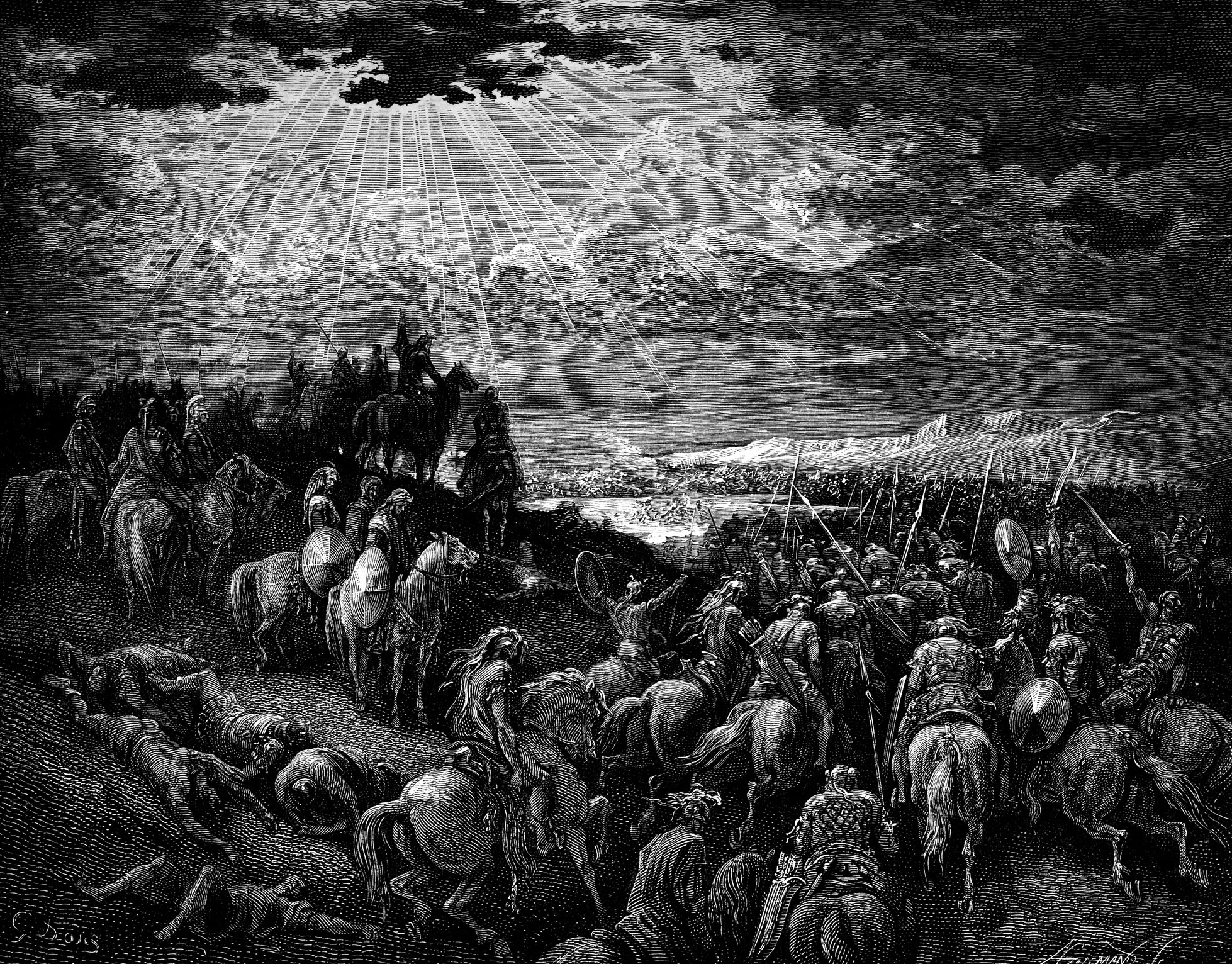
Joshua became the ally of Adoni-Zedek, king
of what originally was called Shalem
and would become Jerusalem, defended in a military sting
like Abraham’s in Genesis fourteen almost the same,
when the priestly king Melchizedek was by Honest Abe defended,
before God aided Moses in the plague of hail,
which miraculously both on heavenly fire and ice depended,
not stones, God’s weapons, in the Joshua tale,
before God stopped the sun for him, as He had done
for Moses in the plague of darkness, helping Israelites
to identify Egyptian treasures before their freedom had been won,
not plagued by darkness when the plague transformed dark days to blinding nights,
foreshadowing how God caused the foes of Joshua to fail by losing light,
which he extinguished as if he had stopped the sun, reiterating
how during the ninth plague all foes of Moses lost their sight,
Joshua’s miracle Moses’ dark plague reliterating.
“Dom!” he told the sun, which means “Be silent!” In both tales no dogs whetted
their tongues when miracles to Israel occurred,
not barking like fake news about failures silently regretted
by Israel’s foes, no words like “We’re defeated” heard.
The iniquity that was foreshadowed by the sin of Amorites
to which Torah makes a strange allusion
when in the covenant God made with Abraham it writes
God promised him its covenantal conclusion
would lead to the success of the colonial settler movement it defended,
depended on completion of a sin defined as “Amorite,”
with this word, I believe, predicting antisemitism by shalom would be shalem, amended,
as Joshua hoped it would be, switching off sunlight.
Settler colonialism, nasty label, is not necessarily,
despite progressive doctrine, always immoral.
In the covenant God validated with Abraham, we’re told that verily
it would be moral once Amorites are no more amoral.
Stopping sunlight in the sky Joshua reminded us that godlight, which C. S. Lewis
appreciated more than what astronomy is able to explain,
can be appreciated fully down on earth only if of it our view is
not overshadowed by a solar, soulless light which makes it wane.
Joshua 10 describes how God enabled the Joshua to protect five Amorite kings, including the king of Jerusalem, Adoni-Zedek, in a battle against four Canaanite kings. During he course of the battle described in this narrative we are informed that he stopped (literally “silenced”) the sun. The story echoes a narrative in Genesis 14, describing Abraham’s ability to help five kings of the Jordan valley defeat four Mesopotamian kings, a victory that led to a blessing by Melchi-Zedek, king of Shalem, Salem. This blessing was followed In Genesis 15 by a covenant with God, who assures Abraham that though his descendants would be a great nation they would only be allowed to settle in the land of Canaan after the sin of the Amorites was shalem, meaning completed.
The story of Joshua in Joshua 10 also echoes the story of the defeat of Pharaoh caused by the ten plagues with which God ensures Moses’ victory in the Israelites’ battle for freedom while they are enslaved in Egypt.
On 7/8/25 Rabbi Meir Soloveichik in Episode 189, 10-Minute Mitzvah, “Gratitude vs. Forgetfulness,” inspired by the thirteenth century tosafist and codifier Moses of Coucy, suggested that Deut. 11:8 implies that we should be grateful for what C. S. Lewis called “Godlight.” In Patches of Godlight, C. S. Lewis writes:
Any patch of sunlight in a wood will show you something about the sun which you could never get from reading books on astronomy. These pure and spontaneous pleasures are “patches of Godlight” in the woods of our experience.”
Gershon Hepner is a poet who has written over 25,000 poems on subjects ranging from music to literature, politics to Torah. He grew up in England and moved to Los Angeles in 1976. Using his varied interests and experiences, he has authored dozens of papers in medical and academic journals, and authored “Legal Friction: Law, Narrative, and Identity Politics in Biblical Israel.” He can be reached at gershonhepner@gmail.com.












